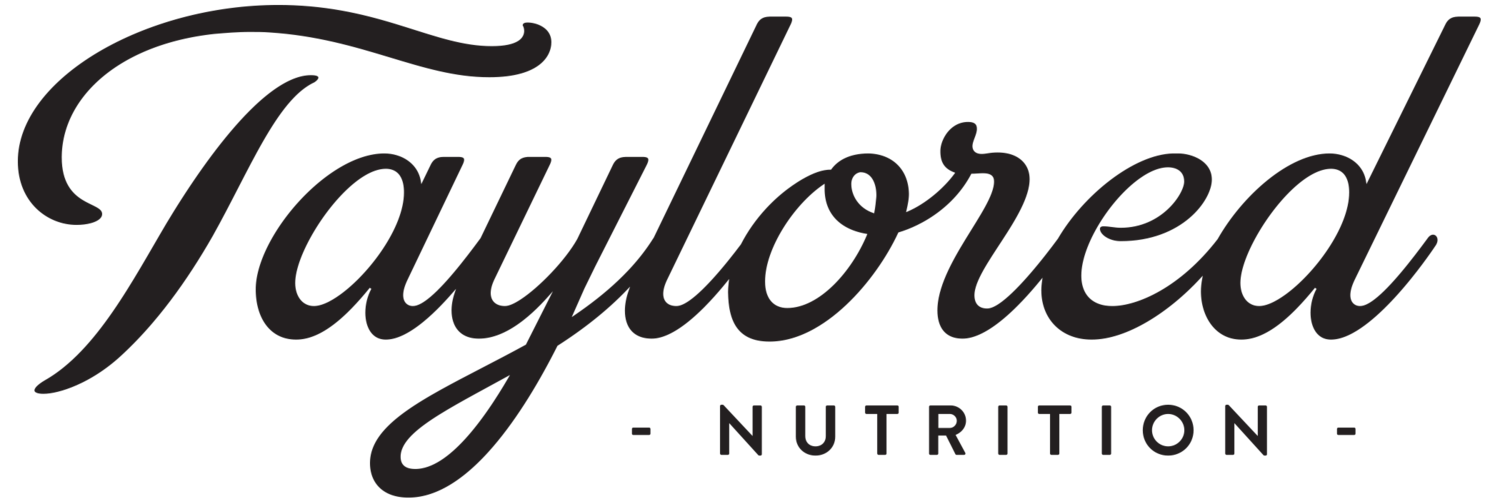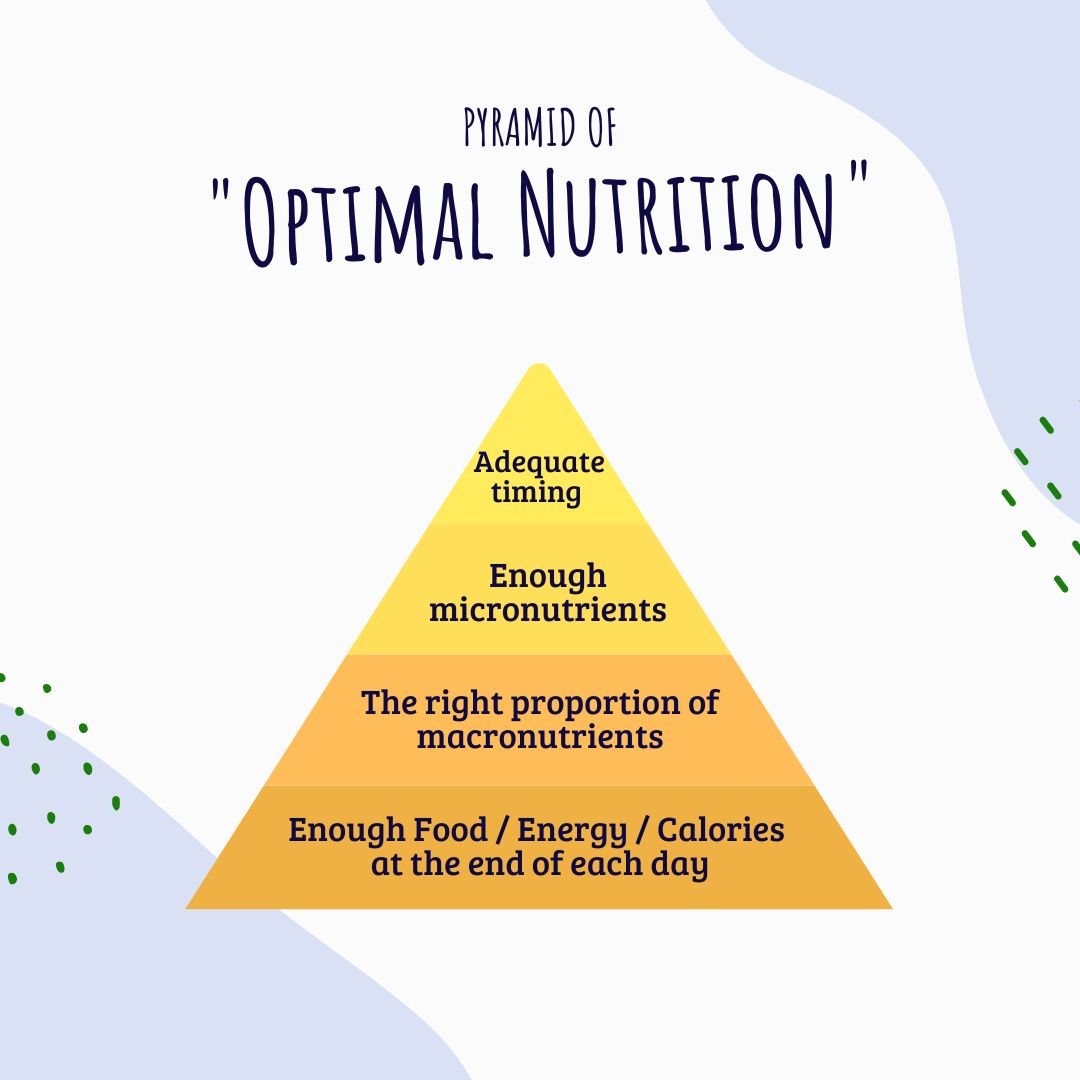Hello everyone!
I hope your Spring is going well. It’s my, hands down, favorite time of year :)
If you’ve been following along with me this year, whether via this blog or Instagram, you know I have been focused a LOT on this topic of underfueling. It is probably the #1 conversation topic I have with 95% of the athletes that come to see me because of an injury. Yes, it can be intentional but it is also often completely unintentional. Little changes in an athlete’s training schedule or school schedule or a sudden growth spurt with no change in intake can suddenly shift them into this state of underfueling. Underfueling can increase risk of injury, it can lead to poorer performance and it can be the underlying reason an athlete can’t build the muscle they need for a certain sport or position on the team. When I say underfueling, I can be referring to calories or specific nutrients or both. If an athlete is underfueling in energy (calorie intake) they are much more likely to be under consuming specific nutrients needed for growth, development, performance and injury prevention.
Last year I realized how, despite this underfueling being such a big deal, athletes and families are often uninformed about its severity and the risks associated with it. I know I was completely in the dark about this condition when I was a teen athlete. So, I decided at the start of this new year to do a deep dive into all different topics centered around underfueling, to at least help educate my followers and readers. And that’s what you will find if you look back through the blog topics from this year.
In the last couple of years I’ve talked a lot with athletes about how to eat enough for their training level, what nutrients to include to ensure best performance and help prevent injuries like stress fractures. I’ve also done a LOT of education on how to use nutrition to optimize recovery from injuries like a stress fractures but also other big injuries like ACL tears. I’ve worked hard to help coach and guide athletes through these long recovery periods to feel confident in how they are eating during this restricted period of exercise and help them understand how to create meals and snacks that will serve their recovery, helping them maintain muscle, build back muscle while healing from a surgery, and maximize bone health.
I’ve chatted with hundreds of athletes over the last couple of years and I’ve discovered a few things:
So many young athletes don’t learn anything about nutrition in school (they might get a week of education from their health class)
So many young athletes WANT to learn about nutrition and understand how they can use it to fuel their body, recover from injury, etc (many many athletes have visited with me simply to learn)
While, of course, nutrition on its own is not the answer to preventing all injuries it is the driving factor in certain injuries, like stress fractures.
And, while many factors contribute to an injured athlete’s recovery plan, nutrition can keep the athlete on track or it can slow their recovery down or make it a bigger hill to climb once they are cleared to return to sport
With all this to say, I’ve had this thought nagging at me for over a year of, “these athletes could really use a place to go to learn (1) nutrition fundamentals (2) key sports nutrition principles and (3) how to use this info for their own performance and injury prevention.”
With that thought, I’ve seen how my process of working with young athletes over the years has improved their sports nutrition knowledge, enabled them to implement this information into their own routine AND allowed them to see and feel a difference in their performance / health / recovery / etc.
That’s why today I’m EXTREMELY EXCITED to tell you that I have finally done something about it!!
I’ve created an EXCELLENT resource for young athletes (and their caregivers) who are ready to learn and ready to implement the nutritions strategies they need to perform well, prevent injury and more during these critical years of growth and development.
It’s an online group sports nutrition program geared specifically for the young athlete! If this interests you at all and you want to learn more I encourage you to sign up for the WAITLIST!
By signing up for the program Waitlist you will:
Receive more details about the program
Receive bonus offers when doors open to register
Be one of the first offered a spot (there will be limited spots in this first group) before sign-up is offered to the public.
I’m really so so excited to finally get to offer this resource to young athletes (and their families). Make sure to sign up for the Waitlist if you want to get more details and, as always, you can reach out to me any time if you have questions!
Much love and a well-fueled athlete,
Taylor


